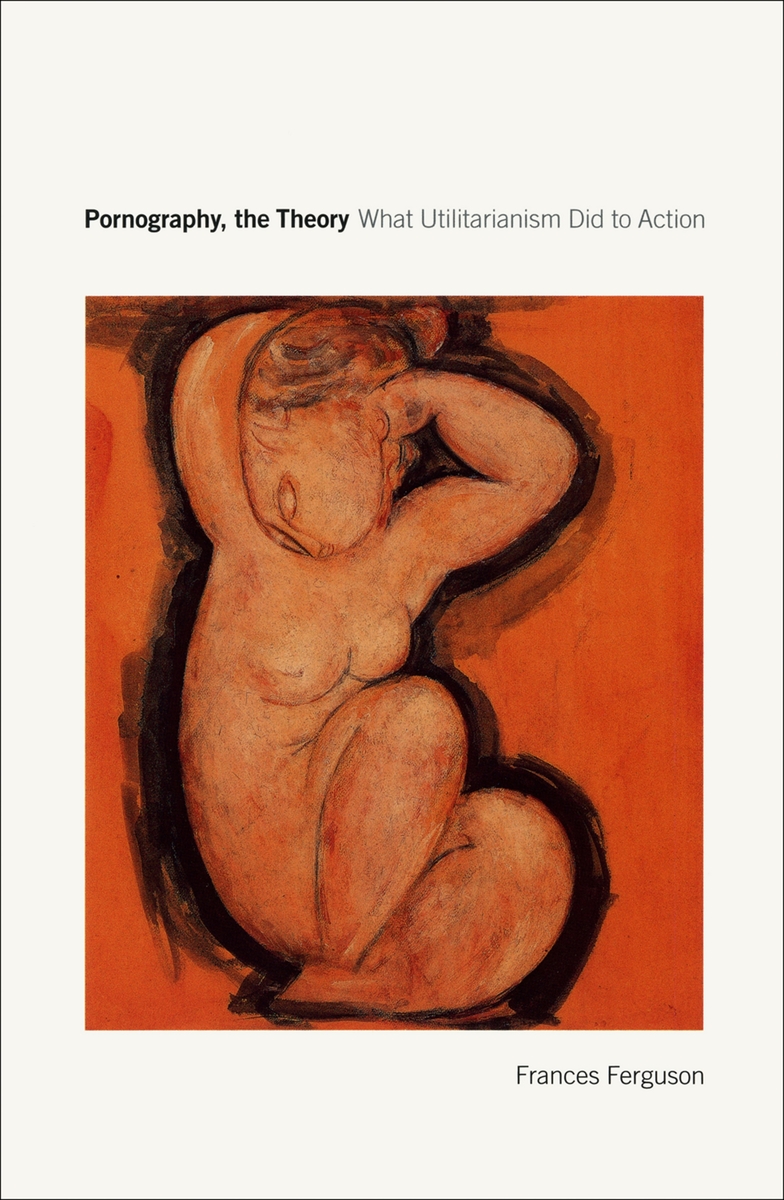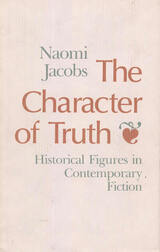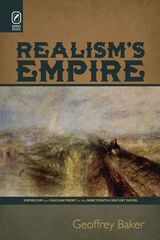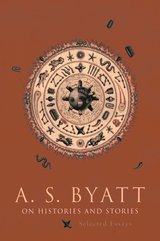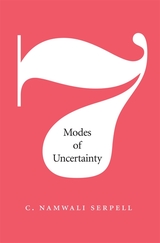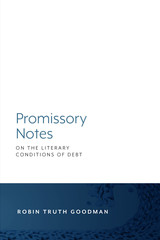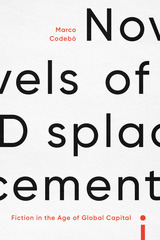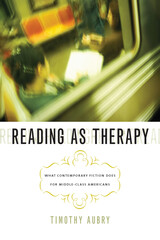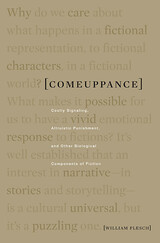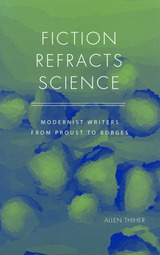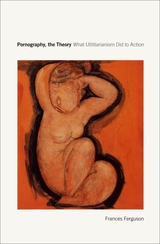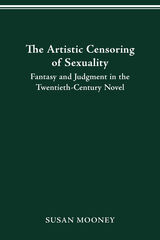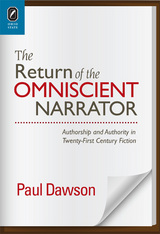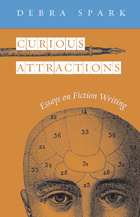Pornography, the Theory: What Utilitarianism Did to Action
University of Chicago Press, 2004
Paper: 978-0-226-24321-4 | Cloth: 978-0-226-24320-7
Library of Congress Classification PN3352.S48F47 2004
Dewey Decimal Classification 809.933538
Paper: 978-0-226-24321-4 | Cloth: 978-0-226-24320-7
Library of Congress Classification PN3352.S48F47 2004
Dewey Decimal Classification 809.933538
ABOUT THIS BOOK | AUTHOR BIOGRAPHY | REVIEWS | TOC | REQUEST ACCESSIBLE FILE
ABOUT THIS BOOK
Pornography first developed in western Europe during the late eighteenth century in tandem with the rise of utilitarianism, the philosophical position that stresses the importance of something's usefulness over its essence. Through incisive readings of Sade, Flaubert, Lawrence, and Bret Easton Ellis, Frances Ferguson here shows how pornography—like utilitarian social structures—diverts our attention from individual identities to actions and renders more clearly the social value of such actions through concrete literary representations.
See other books on: Action | LGBTQ+ | Pornography | Sex in literature | Theory
See other titles from University of Chicago Press
